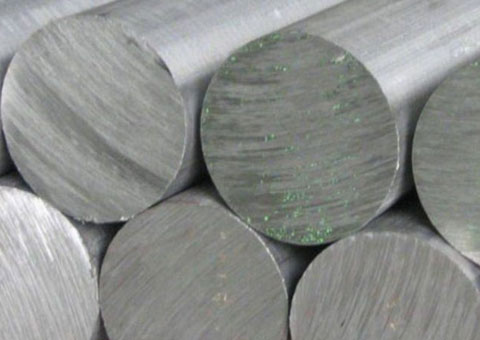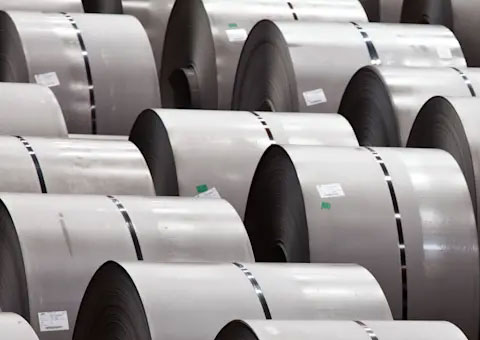The overall situation on the global square billet market remained largely stable with a negative trend in September. In the second ten days of the month, prices practically stabilized and sentiment improved slightly. At the end of the period, there were no significant changes in prices or sentiment, but discounted sales accelerated. In September, prices for square billets fell by an average of $2–4/t in a number of regional markets, while in others they rose by $3–8/t.
On the Black Sea market for square billets (on a Black Sea FOB basis), average quotations in September fell by $8 to $435/t, as analysts had expected. The main factors influencing this were the increase in import duties in Egypt, tighter regulations on imports of semi-finished products into Turkey, weak demand for finished products, and lower scrap prices.
The Turkish square billet market remains quite dynamic. According to the Turkish Statistical Institute (TUIK), billet imports to Turkey in August amounted to 374.5 thousand tons (up 38% year-on-year) at an average price of $479/t. In August, China became the largest supplier of billets to Turkey (38% of the market), supplying 142,000 tons at a price of $490/ton. It is noteworthy that Ukraine almost doubled its supply to 25,600 tons at $494/ton, occupying 7% of the market.
In January–August, Turkey increased its billet production by 3.7% year-on-year to 15.8 million tons. At the same time, Turkish billet exports may be limited by changes in the domestic processing regime (DIR). From October 1, Turkish exporters of certain types of products are required to purchase at least 25% of the raw materials/semi-finished products necessary for their production on the domestic market.
According to Kallanish, Turkish rollers have criticized this decision because, given the difficult market situation and growing competition, they have relied heavily on cheaper imports of billets, especially from Russia, and may face increased costs.
At the same time, Turkish producers began to purchase local billets more actively in September. This was due to low scrap prices, low sales of long products on the domestic market and for export, as well as preparations to comply with the above requirement. According to Kallanish, Kardemir sold more than 87,000 tons of billets at a price of $492/ton (grade S235JR) and $502/ton (grade B420) in just a few hours at a tender. Overall, in September, square billets on Turkey Ex-Works terms fell by an average of $5 to $503/t.
At the beginning of the month, billet prices in Tangshan (China) rose slightly amid a recovery in steel futures prices and the resumption of local rolled steel production. In mid-September, there was an increase in the volume of transactions amid optimistic expectations. At the end of the period, billet transaction volumes were low due to rolling losses and high finished product inventories, as well as production suspensions to reduce emissions.
Overall, billet prices in Tangshan (China) rose by $2 to $424/t at the end of September compared to the end of August, although there were fluctuations in the range of $416–428/t during the month.
Billet offers in the Persian Gulf countries remained stable in September. Average quotations in Saudi Arabia were $482–488/t (Ex-Works). In Indonesia, prices rose by $4 to $464/t (CFR) in September.
Average quotations for square billets at the end of September compared to the end of August in Italy (on an Ex-Works basis) remained unchanged at $573/t, although fluctuations within the range of $573-579/t were recorded during the month.
It should be recalled that billet prices in August remained relatively stable in most markets, although there was a gradual decline due to weak demand in China. Thus, prices for square billets in many regional markets fell by an average of $5-15 per ton in August.
As previously reported, according to estimates by the National Bank of Ukraine (NBU), in 2025, average prices for steel billets may fall by 5.2% to $478/t FOB Ukraine. Further, in 2026, prices are forecast to rise by 2.9% to $492/t, and in 2027 by 2.1% to $502.5/t FOB Ukraine.

